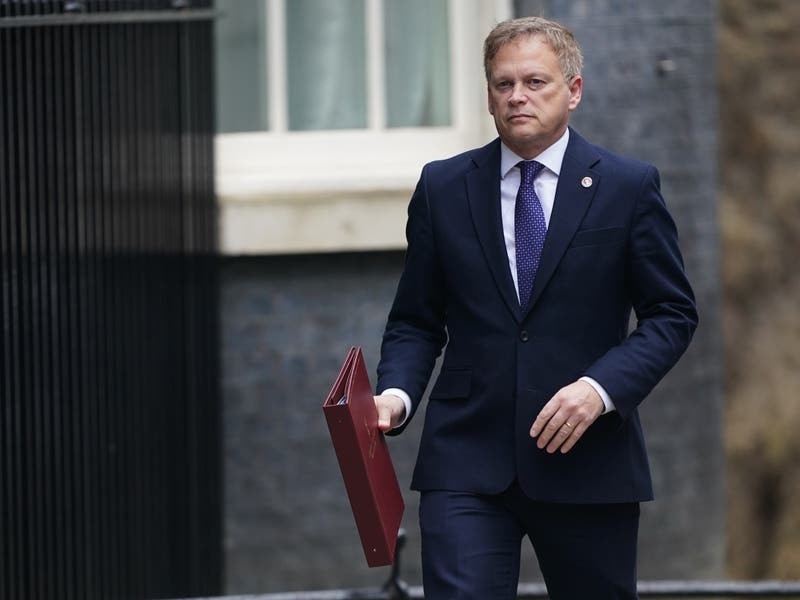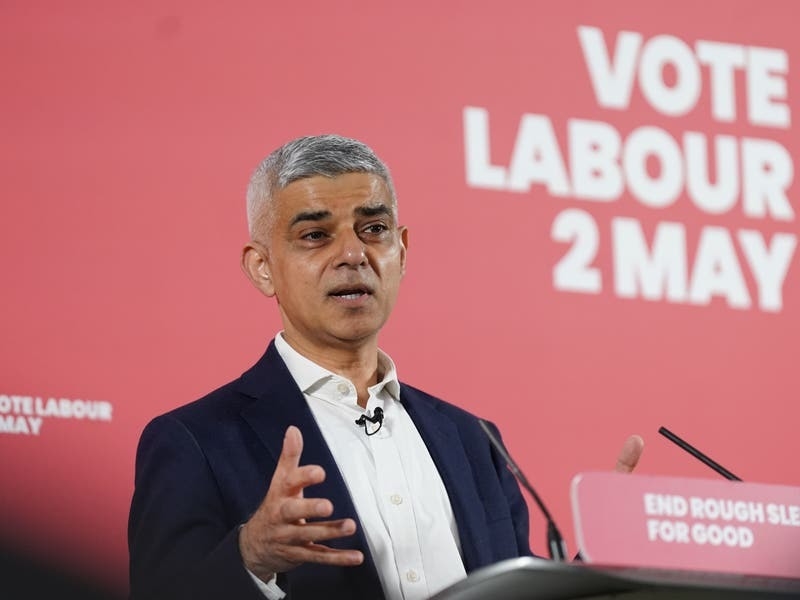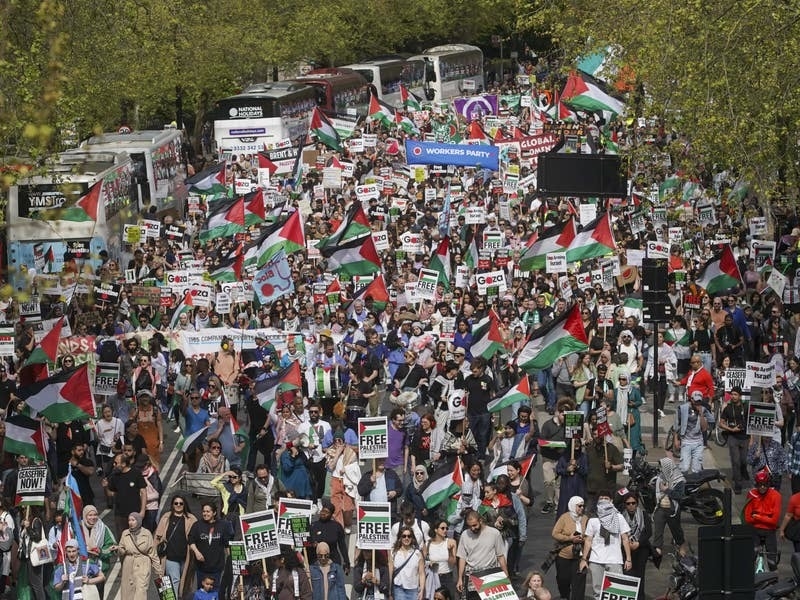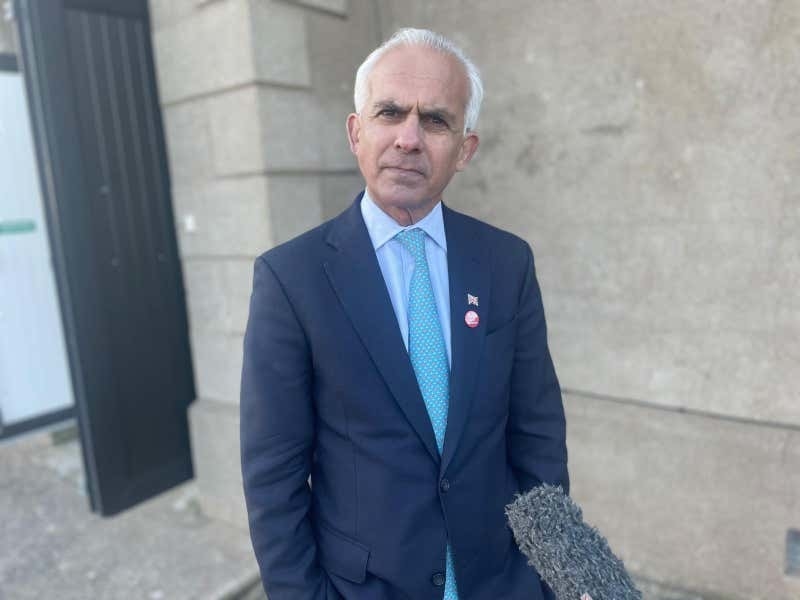Military personnel stepping in for striking NHS workers are unlikely to drive ambulances in response to emergencies, Downing Street has indicated.
A formal request has been submitted for the health service to use the military aid to the civil authorities (Maca) protocol so that armed forces will be deployed to hospital trusts ahead of an ambulance worker strike on December 21.
However, No 10 warned of “serious disruption” on the day of the action despite the military’s help to ease some pressures.
“These individuals are going to be extremely helpful in mitigating some of that disruption, but nonetheless, it will have an impact.”
Soldiers would not be able to provide all the functions of the striking staff.
It is understood that they are unlikely to drive ambulances to respond to urgent calls due to limitations such as lacking permission to jump red lights. Instead, they would drive ambulances for non-urgent calls to free up paramedics.
But there will be fewer paramedics to respond to life-threatening situations on the strike day, the spokesman warned.
“Until those talking about strike action decide to go on strike we won’t know the full impact.
“But certainly, paramedics going on strike will reduce significantly the number of people that are able to respond to those calls.”
Military vehicles are not expected to replace any ambulances during the strike action.
The official said requests for the military to step in are a “last resort”, adding: “Of course we still call on the unions not to proceed with their planned disruption so it’s not necessary.”
Military personnel and civil servants are also being trained to support the Border Force at airports and ports during planned walkouts.
A meeting of Cobra – the Government’s emergency response committee – was to be held on Monday afternoon to come up with a plan to deal with a growing wave of industrial action.
The Department of Health and Social Care has been contacted for comment.






